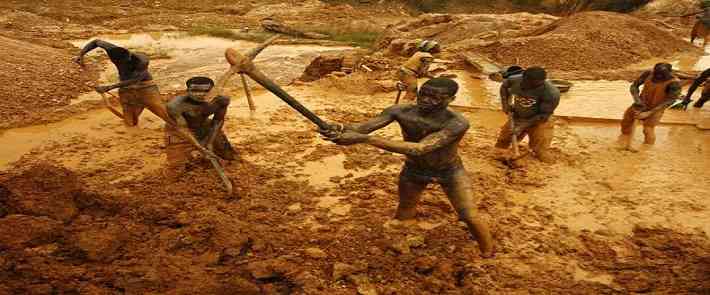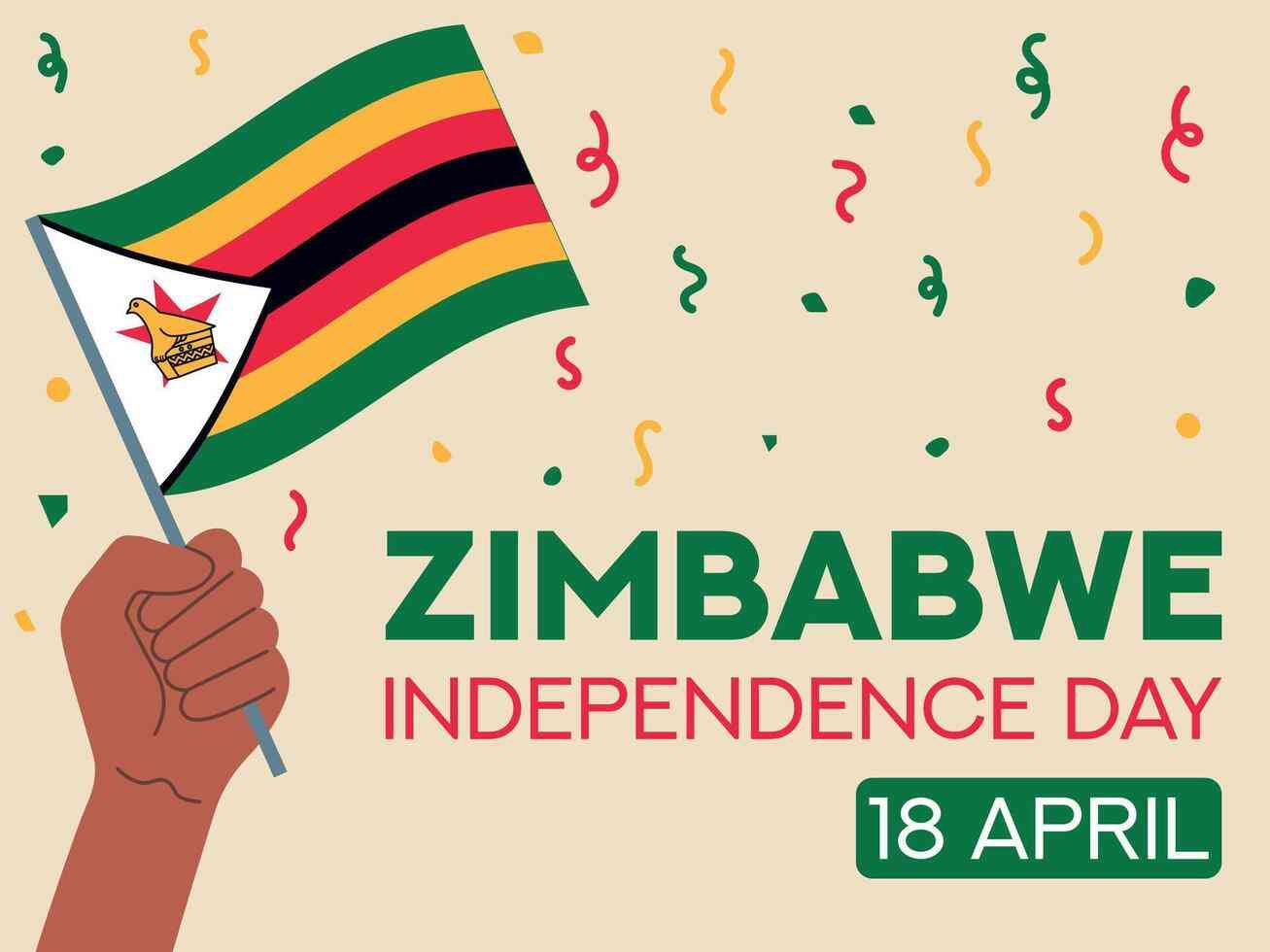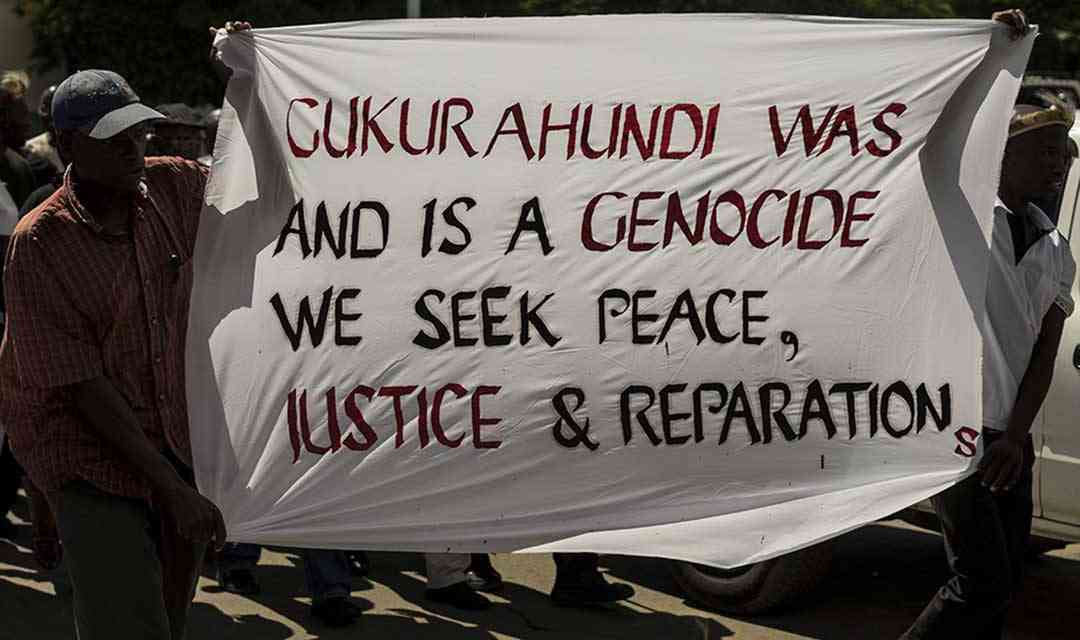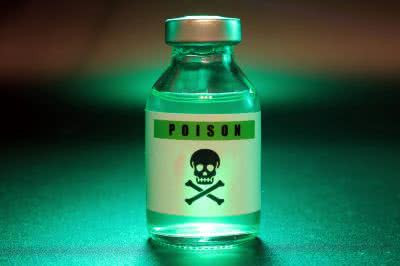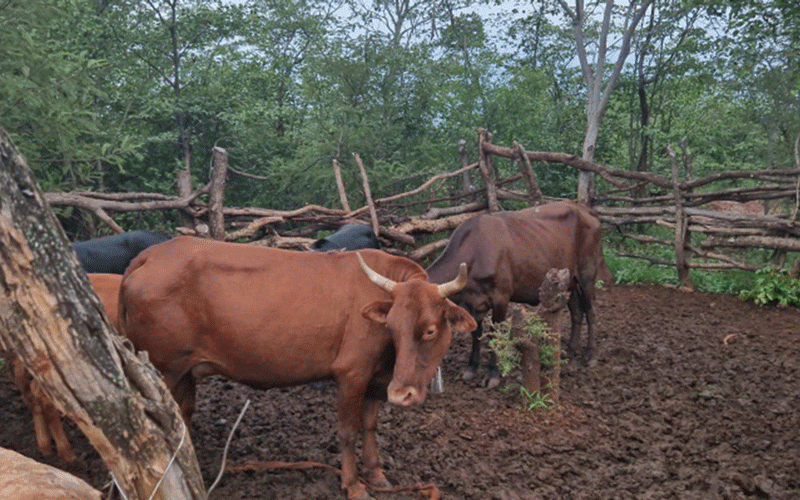
GWANDA villagers are concerned about unscrupulous cattle buyers who are taking advantage of the drought situation to buy livestock at low prices.
Ward 1 councillor, Stanford Nkala, told Southern Eye that the buyers are forcing villagers to reduce cattle prices because they are desperate to raise money to buy food as hunger hits hard in the area.
“Imagine a beast which used to cost US$700 is now fetching US$80, these buyers are taking advantage of the drought situation affecting our region, if not the country as a whole,” Nkala said.
“Villagers have no choice but to accept these ridiculous prices because they fear that if the situation continues like this price will be lower than ever.’’
He said stockfeed prices were beyond the reach of many farmers forcing them to dispose of livestock.
“There are few buyers who come from Gwanda and Bulawayo, villagers now compete to sell their livestock believing that the situation will be worse than now because they also want to buy food,'' he added.
One of the cattle auctioneers in Matabeleland Andrea Lawrence said the situation had nothing to do with unscrupulous behaviour but the fact that business is low.
“Prices are low because of the drought compounded by the cattle tax that was recently introduced by the government,’’ he said.
- Ama revives cattle auction system
- CSC Boustead Beef strikes gold in US
- High costs paralyse poultry farmers
- Zim’s poultry sector registers 6,2% growth
Keep Reading
The government directed that a cattle buyer should pay 11,62% of the price to council.
However, farmers have complained that the levy is too high and will result in the illegal trading of livestock.

